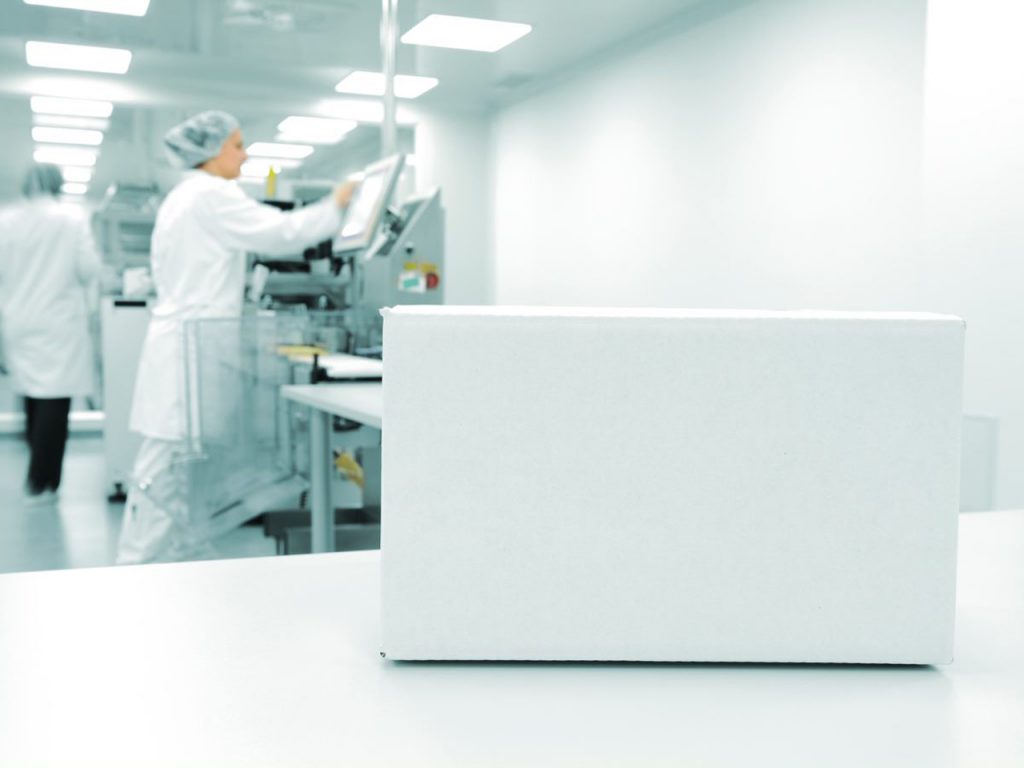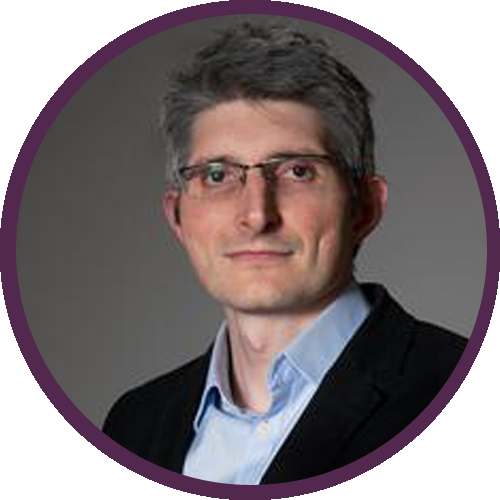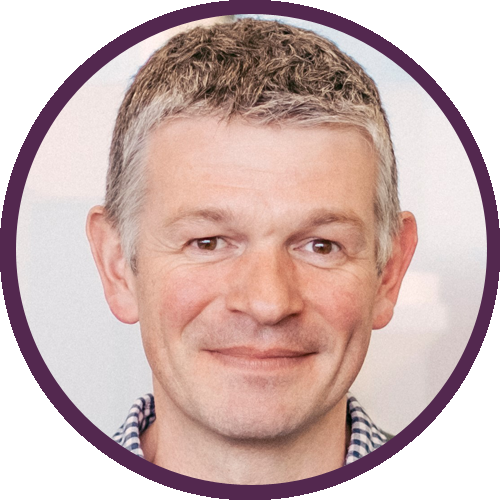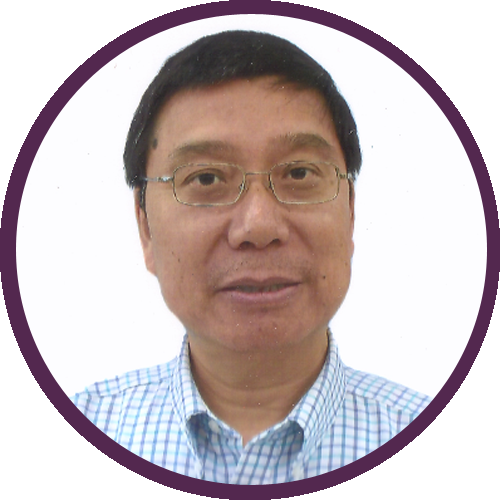Panel discussion: automation in advanced therapies

Available now on demand. Join our panel discussion to discover the role of automation in advanced therapies.
This panel discussion, featuring experts’ from institutions across the world, will focus on the challenges faced by scientists implementing automation in their workflow. It aims to assess current public and scientific understanding of considerations involved, and will discuss our experts’ predictions for how automation technology may evolve in the future.
This webinar was recorded on 23 September 2019.
What will you learn?
- What to consider when implementing automation into a workflow
- How to use automation to inform decision making
- How to overcome common challenges in using automated processes
- The future evolution of automated technologies in the advanced therapy workflow
Who may this interest?
- Graduate students, researchers and practitioners working in the multidisciplinary field of advanced therapy development
- Individuals with an interest in cell therapies
- Regenerative medicine investors
Speakers:
Markus Gershater
CSO
Synthace (London, UK)

Markus has always been fascinated by how biology can make powerful products. With a PhD in plant biochemistry, industry experience in process development in biocatalysis and a Postdoc spent exploring pathway engineering and synthetic biology, Markus understands the strengths and limitations of the bioprocessing industry. As the CSO and cofounder of Synthace, he is working to empower scientists around the world to perform complex multifactorial experiments to optimize their bioprocessing and develop advanced therapies to meet medical needs. Synthace are enabling scientists to use their lab automation to its full potential with their cloud platform Antha.
David Hay
Chair of Tissue Engineering
University of Edinburgh (UK)

David Hay is Professor of Tissue Engineering at the University of Edinburgh (UK). David has worked in the field of stem cell biology and differentiation for over fifteen years. David and his team have highlighted the important role that pluripotent stem cells have to play in modelling human liver biology ‘in a dish’ and supporting failing liver function in vivo. The impact of this work has led to a number of peer reviewed publications, regular appearances at high profile conferences and three start-up companies.
Kaiming Ye
Professor and Department Chair
Binghamton University, State University of New York (NY, USA)

Dr. Kaiming Ye is Professor and Chair of Biomedical Engineering and Director of Center of Biomanufacturing for Regenerative Medicine at the Binghamton University, State University of New York (NY, USA). He is one of the world-leading scientists in advanced biomanufacturing. He is a fellow of the American Institute for Medical and Biological Engineering, and senior member of the Institute of Electrical and Electronics Engineers. His research interests are more focused on tissue biofabrication. His lab is one of the first groups demonstrating the feasibility of differentiating human pluripotent stem cells into human islets. His work in 3D bioprinting was featured in PRISM, published by the American Society for Engineering Education. He is one of the pioneers who designed fluorescence resonance energy transfer (FRET)-enabled molecule probes for continuous glucose monitoring.
In association with:
